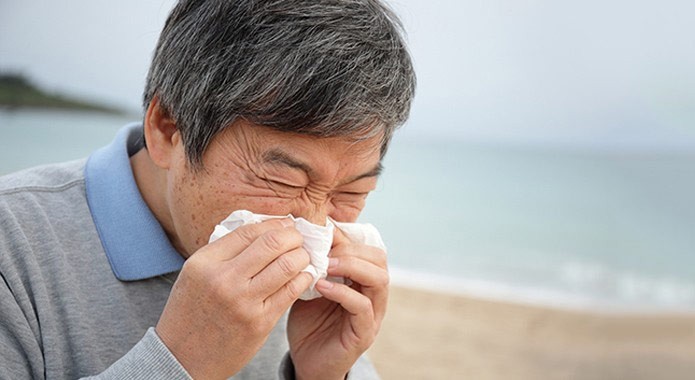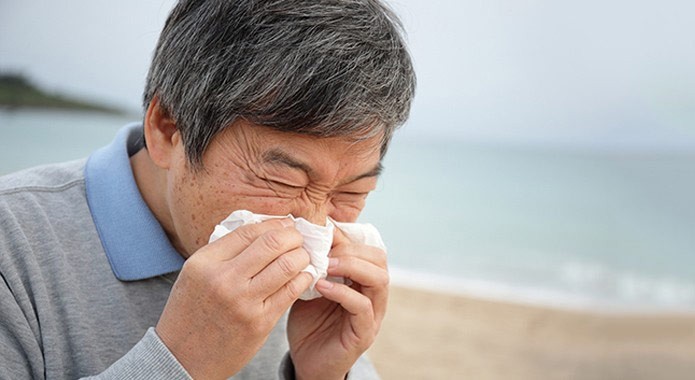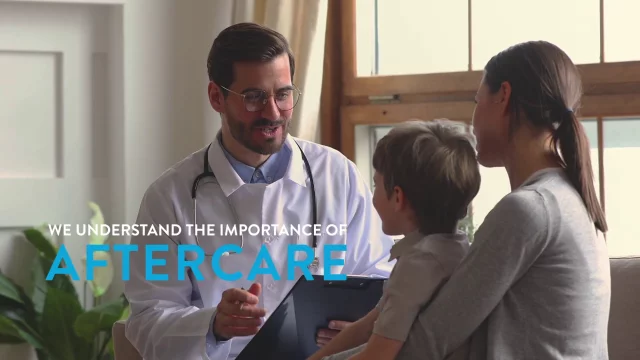GLOBAL POINT OF CARE
RSV. It's Not Just for Kids Anymore!



If you ask any doctor what respiratory syncytial virus (RSV) is, they will tell you it is a respiratory virus that can be deadly, especially for premature babies. When we look at RSV from a global perspective, we can see that it surpasses influenza as the important cause of severe respiratory illness in infants/young children.
Globally, RSV continues to be a major public health concern. In 2019, there were an estimated 33 million cases of acute lower respiratory infection (ALRI) due to RSV in children younger than 5 years, leading to over 66,000 in-hospital deaths. However, the burden extends far beyond pediatrics. In the same year, RSV affected approximately 5.2 million adults aged 60 years and older, resulting in 470,000 hospitalizations and 33,000 in-hospital deaths worldwide.1
In the United States, the impact of RSV on children is substantial. While RSV hospitalization rates in children under five are higher than those for influenza, recent data indicates approximately 58,000–80,000 RSV hospitalizations among this age group each year.3
RSV is a highly infectious virus, on par with measles. It is spread by coughing, sneezing, and contact with oral secretions. Unfortunately, RSV can live on hard surfaces for hours and so can also be spread by touching inanimate objects. That puts a burden on hospitals and pediatric clinics down to daycares to make sure that people who are caring for sick children don’t inadvertently spread it to others.
RSV testing is now more crucial than ever as other respiratory viruses such as influenza and COVID-19 can have similar symptoms but have appropriate antiviral treatments. Rapid and accurate diagnosis helps know the right virus so can better guide appropriate care and patients can take appropriate action to prevent the spread to others.
What has become increasingly evident is the significant threat RSV poses to older adults. Studies estimate that RSV leads to approximately 60,000–160,000 hospitalizations and 6,000–10,000 deaths each year among adults 65 years and older in the United States. Given its infectious nature, RSV can cause outbreaks in geriatric centers, highlighting the need for heightened vigilance and preventive measures in these settings.2
Historically, a lack of specific RSV treatments led to under-testing. However, the landscape has changed significantly with the approval of both vaccines and monoclonal antibody therapies. Testing is now crucial for appropriate management, resource allocation, and infection control.
A positive RSV test can help avoid unnecessary antibiotic use, guide decisions on supportive care (like oxygen), and inform infection control measures to prevent spread, especially in high-risk settings like nursing homes and hospitals. A negative test may prompt investigation into other treatable respiratory pathogens, such as influenza or bacterial pneumonia.4
All of these statistics have a bearing on our daily lives. By having a rapid and sensitive RSV test, we know what we are dealing with and what to expect. To a person who is worried about a child or elderly parent, knowing is everything. If parents know that their child’s respiratory illness is caused by RSV, they should keep them out of daycares or else risk getting other children sick. Beyond that, we should make sure these children don’t visit the grandparents now that we know that they are susceptible to this virus. Conversely, if the grandparents have it, they shouldn’t come over if the child is under the age of two.
References
- Li Y, Wang W, Blau DM, et al. Global, regional, and national disease burden estimates of acute lower respiratory infections due to respiratory syncytial virus in young children for 2019: a systematic analysis. Lancet. 2023;402(10402):776-801
- Centers for Disease Control and Prevention. RSV in Older Adults. Available at: https://www.cdc.gov/rsv/older-adults/index.html.
- Centers for Disease Control and Prevention. RSV in Infants and Young Children. Available at: https://www.cdc.gov/rsv/high-risk/infants-young-children.html.
- Centers for Disease Control and Prevention. Use of Respiratory Syncytial Virus Vaccines in Older Adults: Recommendations of the Advisory Committee on Immunization Practices — United States, 2023. MMWR Morb Mortal Wkly Rep. 2023;72(34):920-925. Available at: https://www.cdc.gov/mmwr/volumes/72/wr/mm7229a4.htm





